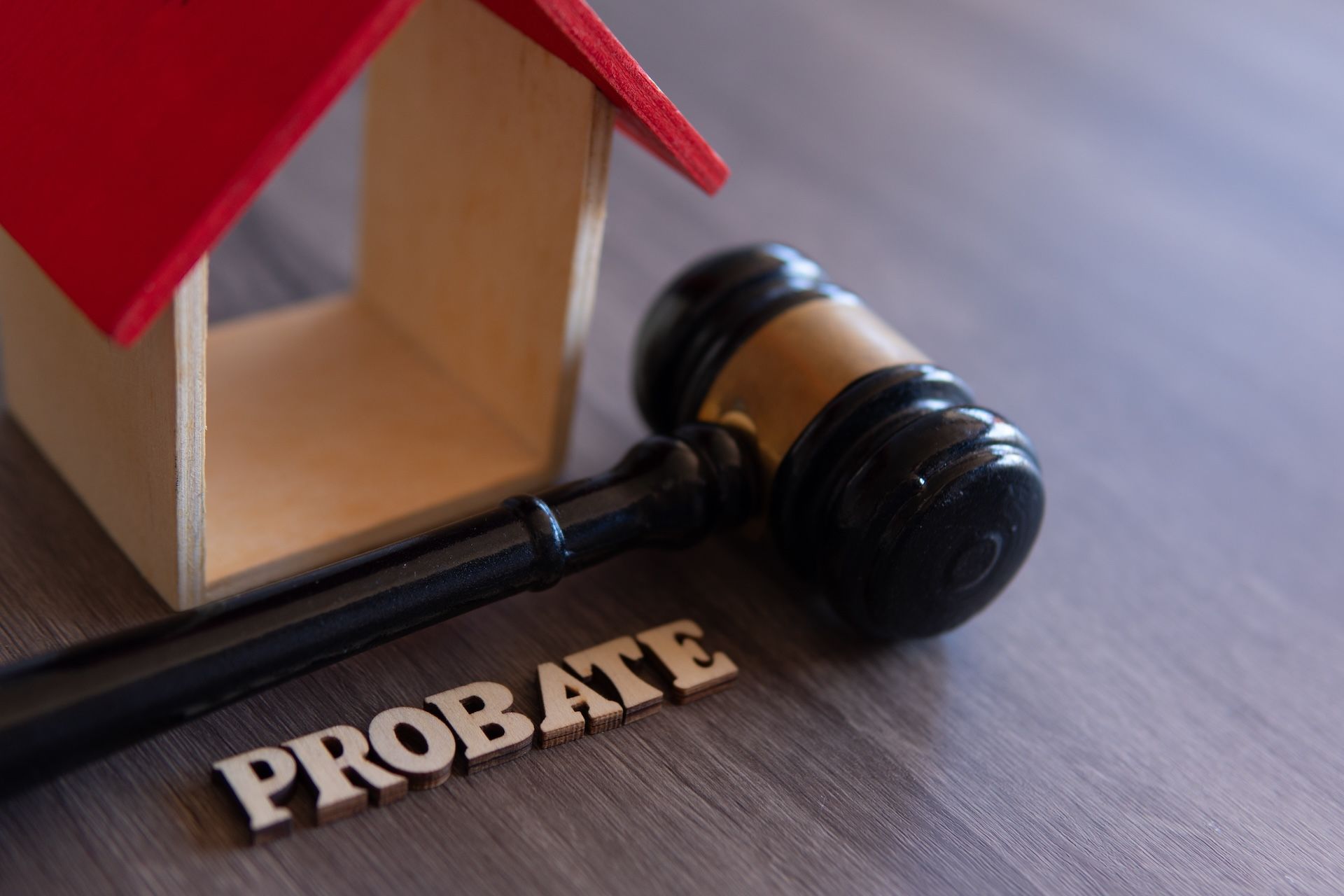Who Owns the Property in a Revocable Trust?

A revocable trust is a standard tool used in estate planning to manage assets and ensure a smooth property transfer after a person passes away. However, one of the most common questions is: Who owns the property in a revocable trust? Let’s break it down with more clarity by answering common questions about how a revocable trust works.
What Is a Revocable Trust?
A
revocable trust is a legal arrangement in which a person, known as the grantor, transfers assets into a trust. The trust is then managed by a trustee, who ensures that the property is handled according to the grantor’s wishes. The grantor can also serve as the trustee during their lifetime.
Unlike other types of trusts, a revocable trust can be changed, updated, or revoked by the grantor at any time, which gives them ongoing control over the assets.
Who Manages the Property in a Revocable Trust?
In most cases, the grantor also serves as the trustee while they are alive. This means that they have complete control over the assets in the trust. The grantor can buy, sell, or change the property in the trust just as they would if it were in their name.
If the grantor becomes incapacitated or passes away, a successor trustee—someone the grantor appointed in advance—manages the trust. This ensures the property is handled even if the grantor can no longer manage it themselves.
Who Owns the Property While the Grantor Is Alive?
Even though the property is placed into the trust, the grantor remains the legal owner while they are alive. This is one of the key features of a revocable trust. The grantor maintains control and ownership of the assets, which allows them to change or remove property from the trust whenever they want.
For example, the grantor can:
- Sell the property in the trust.
- Take property out of the trust.
- Add new property to the trust.
Because the trust is revocable, the grantor has the flexibility to make these changes without restrictions.
What Happens to the Property After the Grantor’s Death?
When the grantor dies, the revocable trust becomes irrevocable, meaning no changes can be made. At this point, the property in the trust is no longer owned by the grantor. Instead, it is distributed to the beneficiaries—the people or organizations named in the trust document.
The successor trustee manages the trust and ensures the assets are distributed according to the grantor’s wishes. This process avoids probate, which can be lengthy and costly.
Do Beneficiaries Own the Property While the Grantor Is Alive?
No, the beneficiaries do not own any property in the trust while the grantor is alive. Even though the trust names them as future recipients of the property, they only gain ownership after the grantor passes away. Until then, the grantor retains complete control of the assets.
Can the Grantor Sell or Use the Property in a Revocable Trust?
Yes, the grantor can sell, rent, or use the property in the trust however they see fit. Since the grantor is the legal owner of the property while they are alive, they are free to handle it as they would with any other asset they own.
For example, if the grantor places a house in the trust, they can still live in it, rent it out, or sell it at any time. The flexibility to manage property this way is one of the main benefits of a revocable trust.
Is the Property in a Revocable Trust Protected from Creditors?
No, the property in a revocable trust is not protected from creditors while the grantor is alive. Since the grantor is still considered the property owner, creditors can make claims against those assets. This differs from irrevocable trusts, where the property is no longer considered part of the grantor’s estate, providing more protection from creditors.
What Are the Benefits of Using a Revocable Trust?
Using a revocable trust has several advantages for managing and transferring property:
Avoids Probate: One of the most significant benefits is that the property in a revocable trust avoids the probate process. This means that after the grantor dies, the assets can be distributed to the beneficiaries quickly and privately without going through court.
Flexibility: The grantor has complete control of the trust during their lifetime. They can add, remove, or sell property and even revoke the trust if they choose.
Continuity: If the grantor becomes incapacitated, the successor trustee can manage the trust. This ensures that the grantor’s property is managed according to their wishes, even if they can no longer manage it themselves.
Privacy: Unlike a will, a trust does not become a public record. This means that the details of the estate plan remain private, offering more confidentiality for the grantor and their family.
Who Legally Owns the Property in a Revocable Trust?
Technically, the trust itself holds legal title to the property. Still, the grantor is considered the beneficial owner while they are alive. This means that even though the property is in the trust’s name, the grantor still enjoys complete control and ownership of the assets.
Ownership only fully transfers to the beneficiaries after the grantor’s death, at which point the trust becomes irrevocable. At that time, the beneficiaries become the legal owners of the property, and the trustee ensures that the assets are distributed according to the grantor’s wishes.
Conclusion: Who Owns the Property in a Revocable Trust?
In short, while the trust holds the property, the grantor is its valid owner during their lifetime. They can control, sell, or change the property in the trust. Property ownership passes to the beneficiaries only after the grantor’s death.
If you’re looking to protect your assets and ensure a smooth property transfer, contact
Jostock & Jostock for expert estate planning services.
Disclaimer: The information on this website and blog is for general informational purposes only and is not professional advice. We make no guarantees of accuracy or completeness. We disclaim all liability for errors, omissions, or reliance on this content. Always consult a qualified professional for specific guidance.








